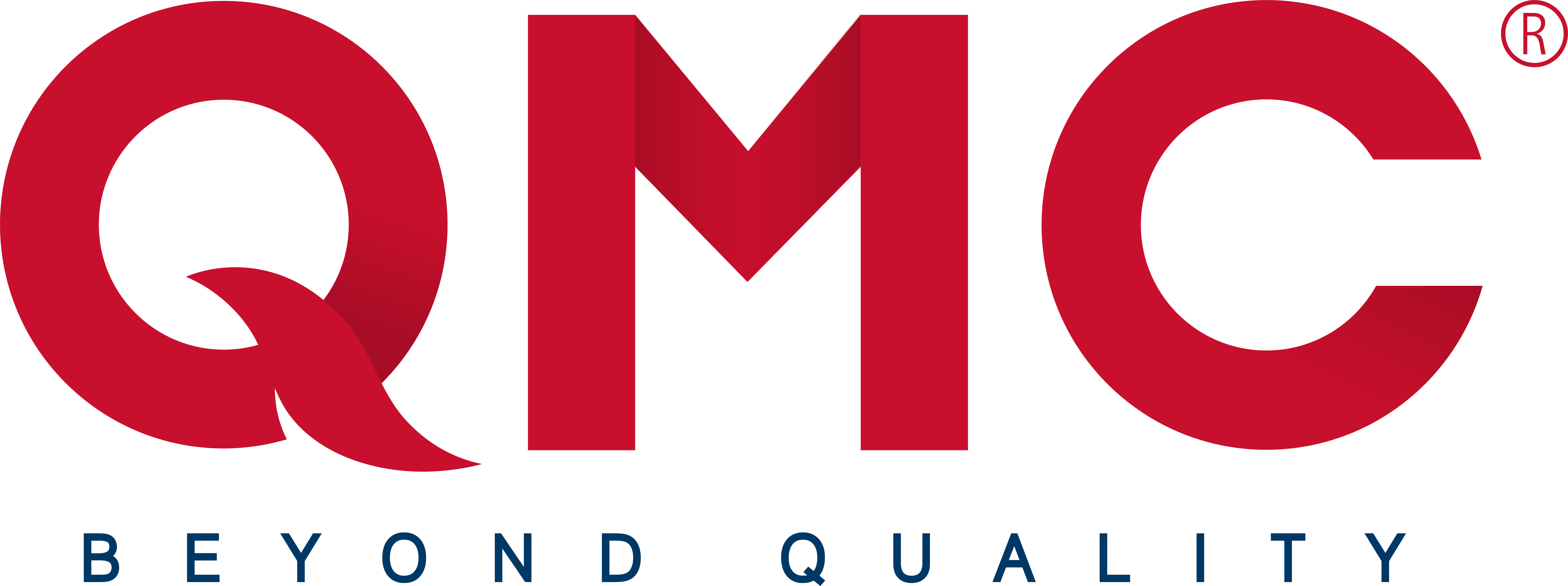Courses Catalog
+
VDA QMC links
+
Mercedes-Benz Platform
+
VDA QMC Platform
+
QMC MEX Platform
+
VDA QMC Training
+
Offers
+
Industries
+
Resources
+



